Born in Paris, July 24, 1803
Died in Paris, May 3, 1856
[ah-DOLF ah-DAHM] / French pronunciation]

Born in Paris, July 24, 1803
Died in Paris, May 3, 1856
[ah-DOLF ah-DAHM] / French pronunciation]

Born in Camprodón, Gerona, May 29, 1860
Died in Cambo-les-Bains, May 18, 1909
[EE-sak al-BAY-neeth (subtle on the “th” sound 😉) / Spanish pronunciation]
Learn More
Short biography
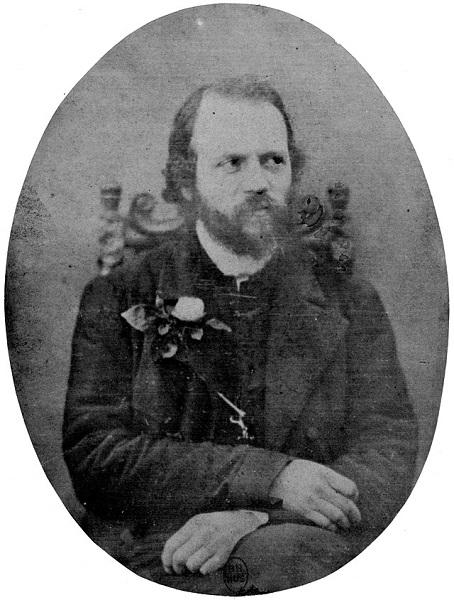
Born in Paris, Nov 30, 1813
Died in Paris, March 29, 1888
“At a period when the piano was undergoing universal exploitation for new and more dazzling sonorities, Alkan made a positive contribution to virtuoso technique. His music can be exacting beyond the capacity of any but the most powerful players in technique, dynamic demands and stamina. It can also be disarmingly simple. He exploited the extreme ends of the keyboard, often in deliberate contrast with the middle range.”
Grove Music Online
Learn More
Biography from the European Institute of Jewish Music (IEJM)
Biography from Hyperion Records
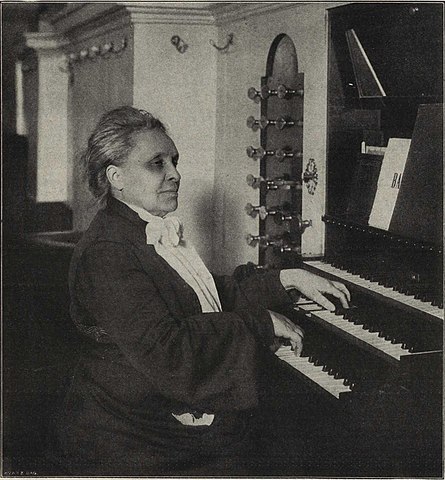
Born in Visby, Feb 19, 1841
Died in Göteborg, Jan 11, 1929
Learn More
Biography from Swedish Musical Heritage
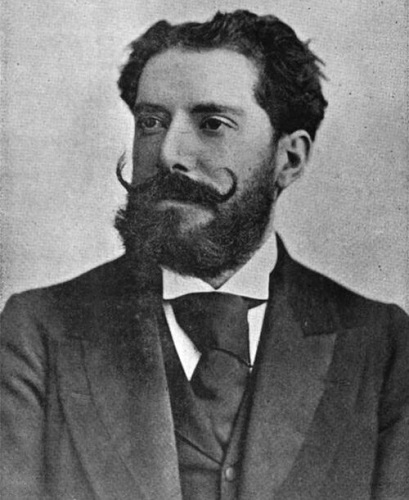
Born in Madrid, Dec 24, 1863
Died in San Sebastián, Jun 2, 1939
Learn More
Biography via EnriqueFernándezArbós.com
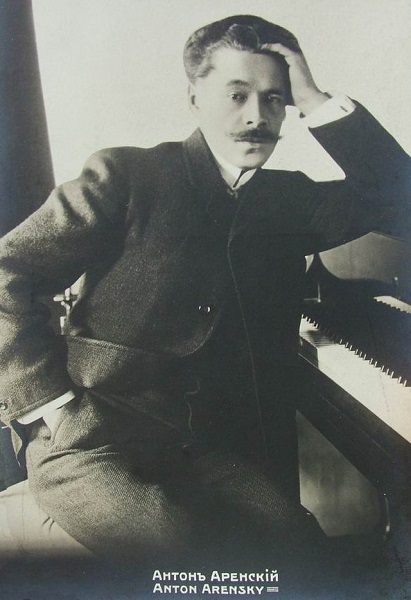
Born in Novgorod, 30 June/July 12, 1861
Died near Terioki, Finland [now Zelenogorsk, Russia], Feb 25, 1906
Learn More
Biography
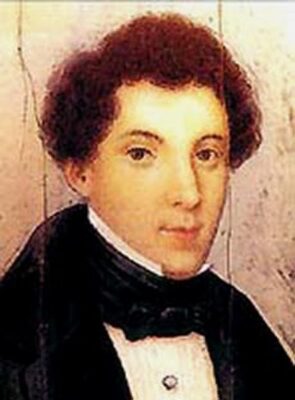
Born in Bilbao, Jan 27, 1806
Died in Paris, Jan 17, 1826
The Mozart Connection
Learn More
Short biography from Wise Music Classical

Born Caen, Jan 29, 1782
Died Paris, May 12, 1871
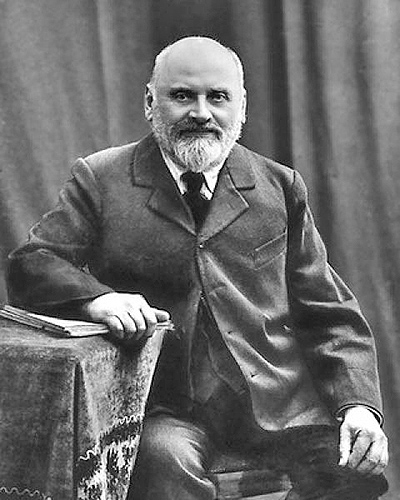
Born in Nizhniy Novgorod, Dec 21, 1836/Jan 2, 1837
Died in St Petersburg, 16/May 29, 191011
Balakirev was the acorn from which the mighty oak of Russian music in the second half of the 19th century sprang; the charm of his genius and the wholesome spread of his influence are more than enough to guarantee his immortality.12
Learn More
Biography from Naxos
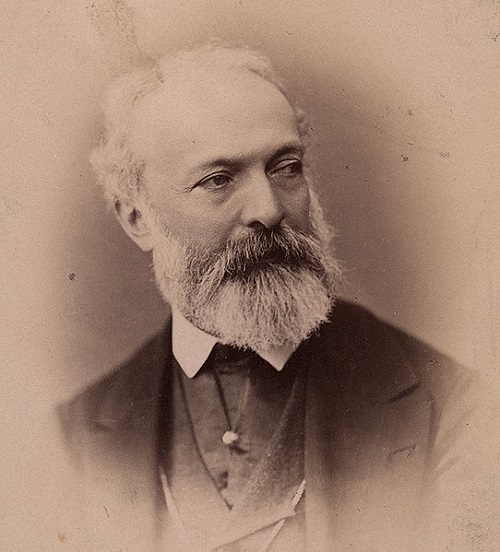
Born in Brescia, Italy, 11 March 1818
Died in Milan, 10 February, 1897
[PRONUNCIATION; “bat-SEE-nee”]
Learn More
Biography via Teatro Nuovo
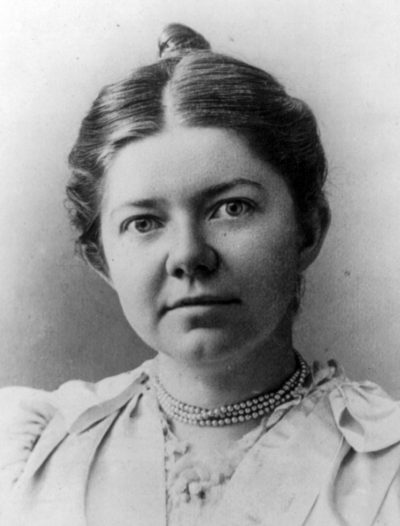
Born in Henniker, NH, Sept 5, 1867
Died in New York, NY, Dec 27, 1944
Biography from the Library of Congress
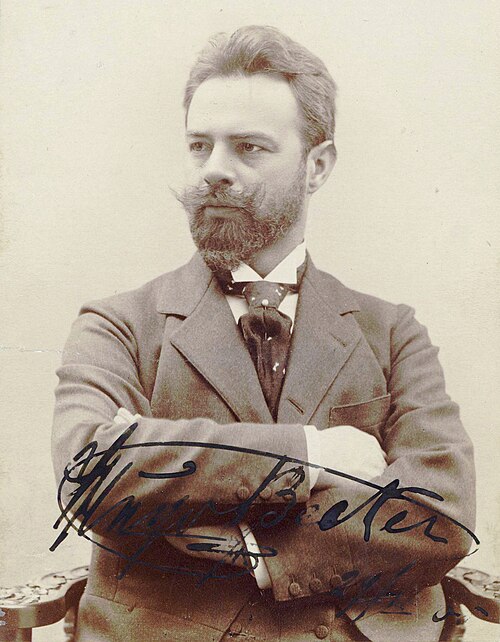
Born in Strasbourg, Feb 13, 1863
Died July 30, 1941
Learn More
Short and sweet biography
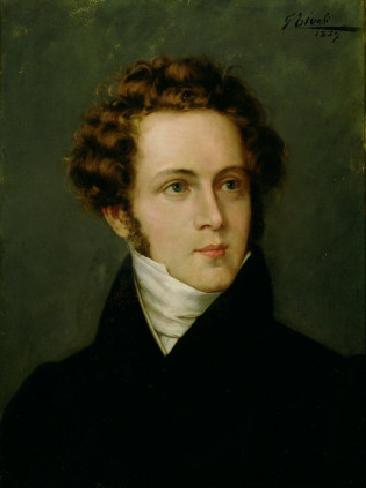
Born in Catania, Nov 3, 1801
Died in Puteaux, near Paris, Sept 23, 1835
Short biography from the Royal Opera House

Born in La Côte-Saint-André, Isère, Dec 11, 1803
Died in Paris, March 8, 1869

Born in Paris, Oct 25, 1838
Died in Bougival, near Paris, June 3, 1875
[“BEE-zay;” PRONUNCIATION]
Short biography from the English National Opera
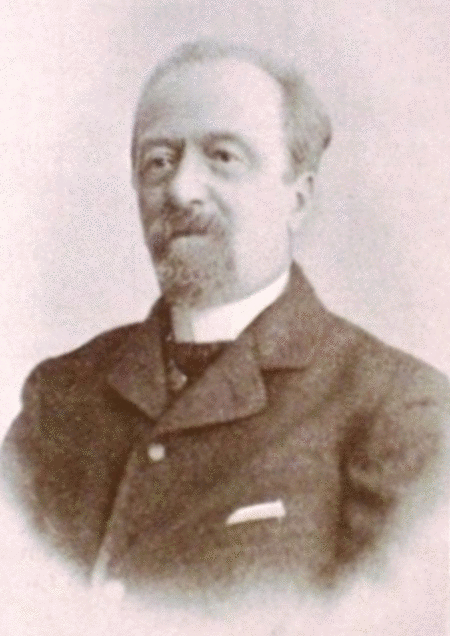
Born in Parma, May 15, 1841
Died in Turin, Feb 21, 1919
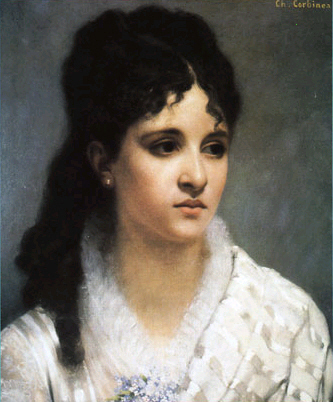
Born in Paris, Jan 21, 1858
Died in Sarcelles, Seine-et-Oise, March 18, 1937
Composer website, maintained by Christine Géliot, Bonis’s biographer and great-granddaughter. The site is in French but includes an English version (click the flag in the upper right-hand corner)
Note: There are numerous inconsistencies in the dating and opus numbering of her pieces from one publication to another (probably due to the multiplicity of editions of her works, even during her lifetime). In this site, I have chosen to use the dates and opus numbers assigned in Géliot’s catalogue of Bonis’s works.

Born in St Petersburg, 31 Oct/Nov 12, 1833
Died in St Petersburg, 15/Feb 27, 1887
“Balakirev’s circle consisted of Balakirev, Cui, Mussorgsky, Borodin, and me (the French have retained the denomination of “Les Cinq” for us to this day).”
Rimsky-Korsakov, on Les Cinq, from The Chronicle of My Musical Life (1909)23
“God grant that our Slav guests may never forget today’s concert; God grant that they may forever preserve the memory of how much poetry, feeling, talent, and intelligence are possessed by the small but already mighty handful of Russian musicians.”
Vladimir Stasov24
Learn More
Short biography
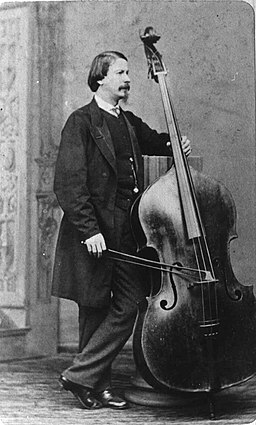
Born in Crema, Dec 22, 1821
Died in Parma, July 7, 1889
“How he bewildered us by playing all sorts of melodies in flute-like harmonics, as though he had a hundred nightingales caged in his double-bass!”
Hugh Reginald Haweis, writer on music and contemporary of Bottesini 28
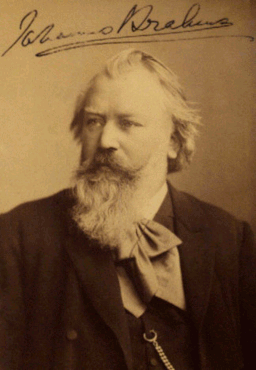
Born in Hamburg, May 7, 1833
Died in Vienna, April 3, 1897

Born in Cologne, Jan 6, 1838
Died in Friedenau, Berlin, Oct 2, 1920
Learn More
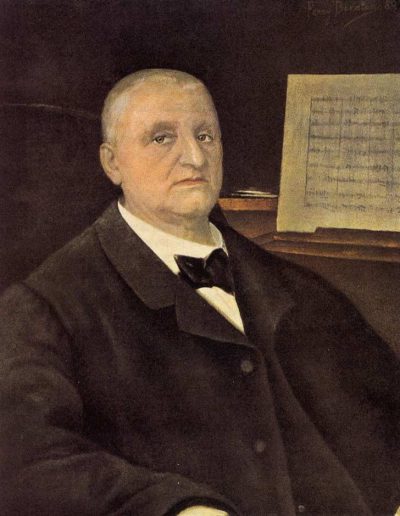
Born in Ansfelden, near Linz, Sept 4, 1824
Died in Vienna, Oct 11, 189630
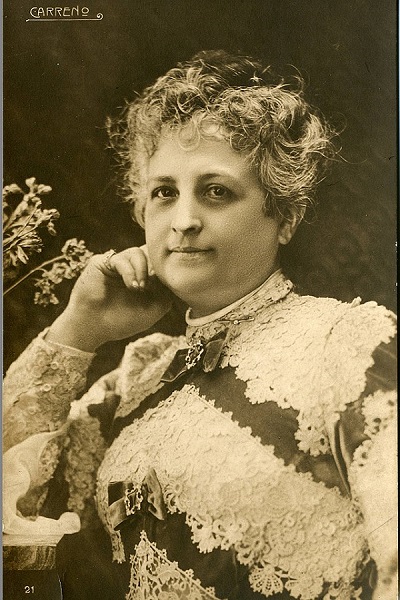
Born in Caracas, Venezuela, Dec 22, 1853
Died in New York, NY, June 12, 1917
Learn More
13 Facts about Carreño via Interlude

Born in Nazas, Durango State, Feb 7, 1864
Died in Mexico City, Nov 28, 1907
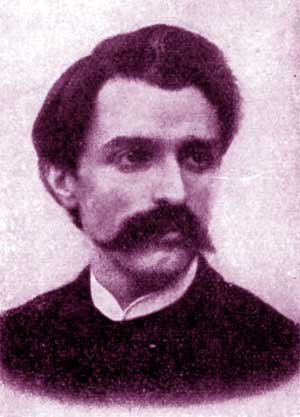
Born in Lucca, June 19, 1854
Died in Milan, Aug 7, 1893
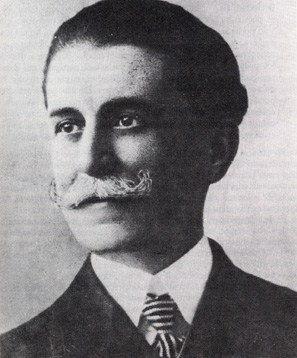
Born in Havana, July 31, 1847
Died in Havana, April 29, 1905
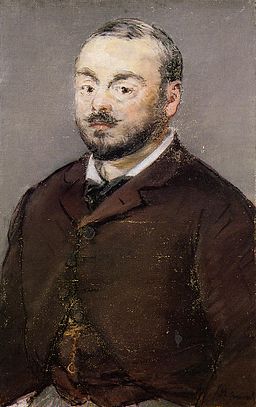
Born in Ambert, Puy-de-Dôme, Jan 18, 1841
Died in Paris, Sept 13, 1894
Learn More
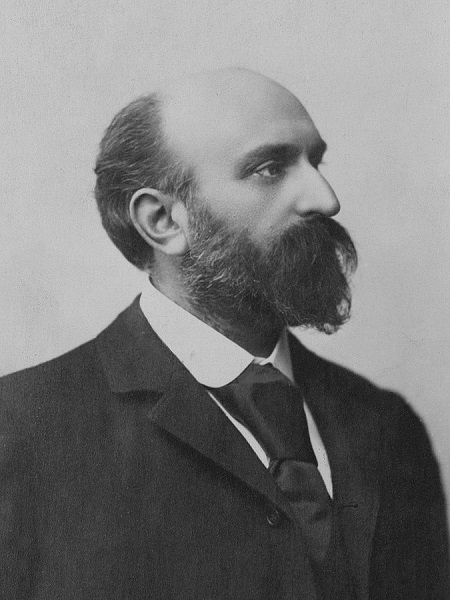
Born in Paris, Jan 20, 1855
Died in Limay, near Mantes, Yvelines, June 10, 189937

Born Fryderyck Franciszek Chopin [pronounced show-PAN]
Born in Żelazowa Wola, near Warsaw, March 1, 1810
Died in Paris, Oct 17, 1849
Biographical timeline from the Fryderyk Chopin Institute
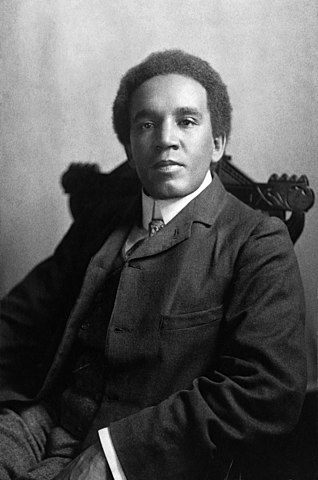
Born in Holborn, London, England, Aug 15, 1875
Died in Croydon, London, England, Sept 1, 1912

Born in Vilnius, 6/Jan 18, 1835
Died in Petrograd [St Petersburg], March 26, 1918
[SAY-zar kyui (like “dewey”)]
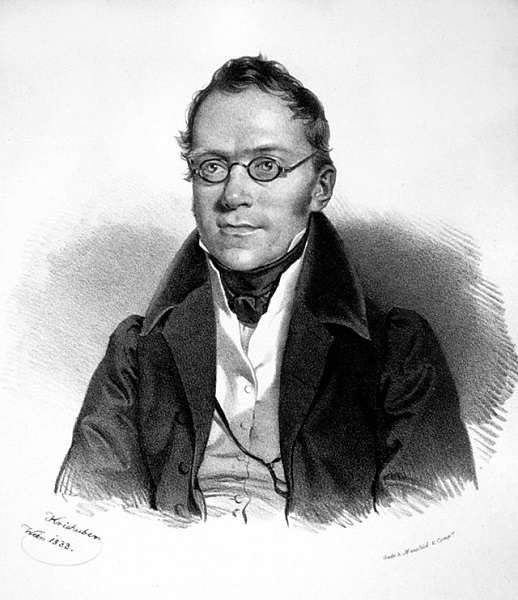
Born in Vienna, Feb 21, 1791
Died in Vienna, July 15, 1857
Pronounced “chair-nee”
Learn More

Born in Jaunpiebalga, Nov 3, 1875
Died in Riga, Aug 31, 1910
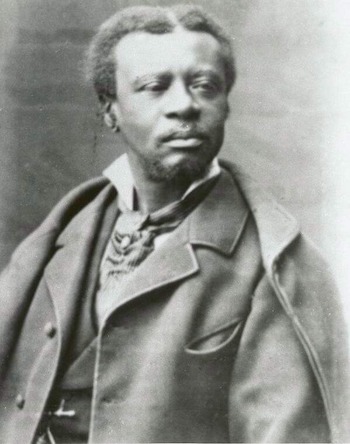
Born in New Orleans, c1827–9
Died in Paris, France, 1901
His name is sometimes given as Edmund Dédé.

Born in St Germain du Val, Feb 21, 1836
Died in Paris, Jan 16, 1891
[PRONUNCIATION | LAY-oh duh-LEEB]

Born in Bergamo, Nov 1797
Died in Bergamo, April 8, 1848
[PRONUNCIATION | gah-eh-TAH-no doh-nee-TSEH-tee]
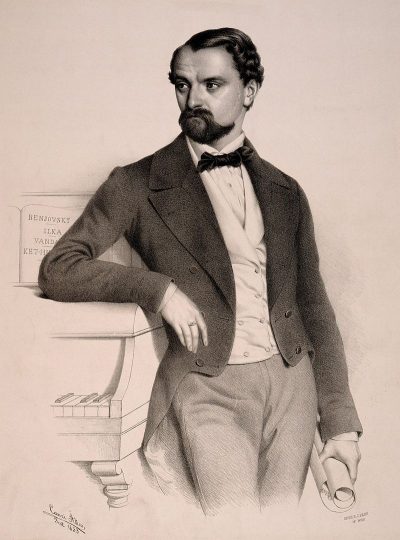
Born in Lemberg [now L’viv], Oct 16, 1821
Died in Baden, near Vienna, July 27, 1883
Also known as Albert Ferenc Doppler
Doppler was a flutist and composer who was born in Poland and made his career in Hungary.45

Born in Žáky, Oct 16, 1818
Died in Venice, April 1, 1869
“The man has no left hand! Here are two right hands!”
J.B. Cramer, upon hearing Dreyschock play in Paris 46
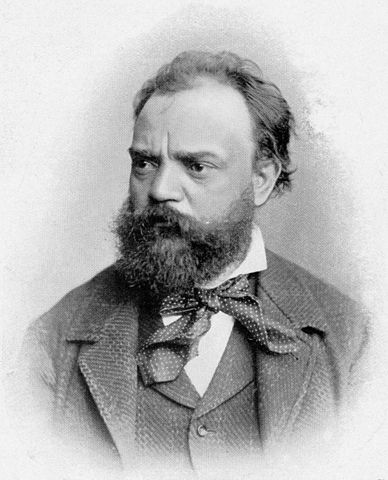
Born in Nelahozeves, near Kralupy, Sept 8, 1841
Died in Prague, May 1, 1904
[PRONUNCIATION | “AHN-toh-neen duh-VOR-zhak”]

Born in Gyula, county of Békés, Nov 7, 1810
Died in Budapest, June 15, 1893
[FAIR-ents AIR-kel]